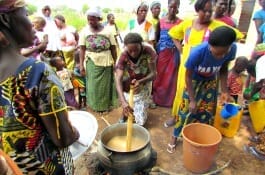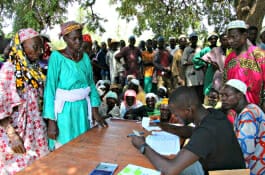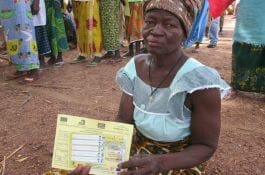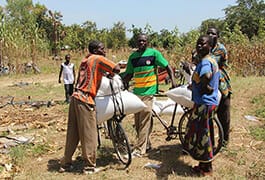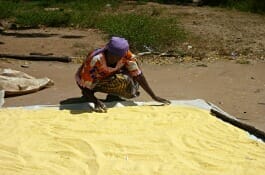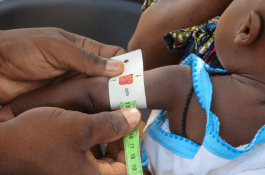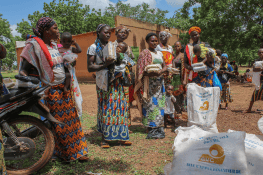
In the last year recurrent drought and locust invasion, together with the fragile economy of subsistence, they severely hit the…
Discover moreWeWorld is in Burkina Faso since 1985, working in the following fields:
4 offices (with headquarters in Ouagadougou and three field offices in the towns of Djibo, Gorom Gorom and Yoko) with a staff of around 60 people.
The country is facing a deep and multidimensional crisis that is significantly worsening the living conditions of the population. Some numbers follow: 1,761,915 people are forcibly internally displaced; 4,900,000 are in need of humanitarian aid, among which there are more or less 2,842,000 children; while 2,360,000 people ae victims of food insecurity. Furthermore, on the educational level, 4,258 schools are currently closed, while on the helth sector 197 health facilities do not work and 408 facilities are only minimally functioning.
In the Sahel region we work in the province of Soum (Djibo) and in Oudalan (Gorom-Gorom), where we are addressing our activities to the internally displaced population, vulnerable host communities, children at risk of malnutrition and pregnant and nursing women.
Since 2012, we carry out malnutrition prevention and food assistance projects aiming to support families living in rural areas, which are the most exposed to food insecurity.
Our interventions took place in the East-central, Northern and Sahel regions, achieving excellent results in the protection of farmers’ livelihoods and in the prevention of child malnutrition, through some activities aimed at enhancing communities resilience and restoring degraded land via training activities for a sustanable and quality production on the one hand, and on land recovery techniques, on the other.
In the cities of Djibo and Gorom Gorom, we are work to strengthen the technical skills of vulnerable communities by implementing High Intensity Labour activities for urban regeneration that benefit the community as a whole, through the FFA approach (food assistance for inputs) which enables to meet the most urgent food needs of the families involved in the initiatives carried out in the area.
In Gorom-Gorom and Djibo, we set up a programme centred on child protection, the planned activities being: the creation of a mechanism for feedback, complaints and responses, psycho-social support, case management, the creation and recovery of spaces for children; awareness-raising and training sessions; distribution of kits (food and non-food items); and distribution of money in the form of vouchers.
In the city of Djibo, about 31,000 people receive cash assistance. The use of e-vouchers characterises our work, as the elctronic voucher allows us to work directly with available local traders.
In the last year recurrent drought and locust invasion, together with the fragile economy of subsistence, they severely hit the…
Discover moreSince 2014, 14,500 deaths have been registered in the Mediterranean among migrant communities; 5,143 missing or dead registered only in…
Discover moreIn the Passoré Province Zero hunger and nutrition security conditions of the rural population are permanently critical. During the rainy…
Discover moreThe regions of the country involved in the project are characterized by a high degree of Zero hunger insecurity. During…
Discover moreBurkina Faso is one of the poorest countries in the world (according to the HDI: 183/189 countries) and the economic…
Discover moreThe action supports the poorest families exposed to Zero hunger and nutritional insecurity of Yako municipality, in the Passoré province.…
Discover moreRecurring Zero hunger crises, from 2005 until 2012, caused the inability of local people to face the consequent cyclic shocks…
Discover moreThe project aims to decrease the malnutrition of population, especially in the Centre-East Region of Burkina Faso, with a special…
Discover moreAssistance and strengthening of public sanitary centres to address malnutrition amongst children thanks to sanitary, Zero hunger and equipment supplies…
Discover moreBurkina Faso is the fifth poorest country in the world, and every year the very serious Zero hunger crisis claims…
Discover more